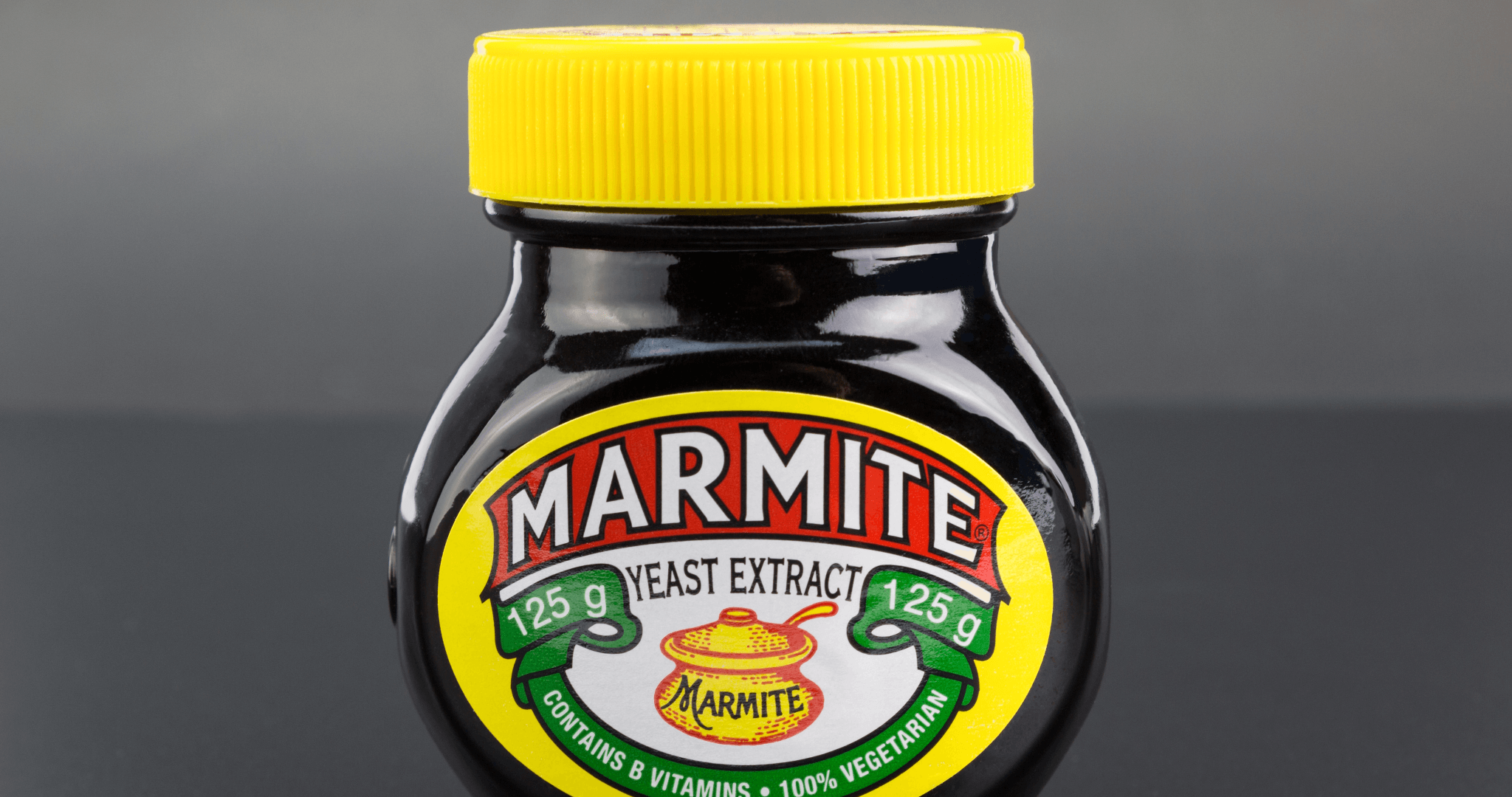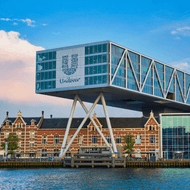Unilever CEO Shifts Focus from ESG to Core Business Growth
Posted by Emma on 21st Apr 2024 Reading Time:
Unilever's CEO, Hein Schumacher, has scaled back various environmental and social initiatives following his decision to re-focus the brand away from embedding social justice themes. Last year, Schumacher succeeded Alan Jope, who advocated for giving Unilever's brands a deeper social purpose, emphasising values beyond enhancing product appeal.

Under Jope, the aim was to transform everyday products into advocates for social values, making them stand for more than just superficial benefits. However, Schumacher, a Dutch restructuring specialist formerly with FrieslandCampina, has adjusted the company's direction to prioritise financial performance. He believes that imposing a social or environmental purpose on certain brands could be "irrelevant or an unwelcome distraction." This strategic shift is driven by his understanding of the need to balance social responsibility with financial growth.
A Dutch restructuring specialist formerly with FrieslandCampina, Schumacher has adjusted the company's direction to prioritise financial performance. This shift includes halting plans to invest €2 billion annually in diverse businesses by next year, reducing commitments such as the workforce inclusion of employees with disabilities, halving food waste by 2025, and making all ingredients biodegradable by 2030. Moreover, a goal to reduce the use of virgin plastics has been modified from 50% to 30% by 2026.
In his commentary to Bloomberg, Schumacher critiqued the shifting focus of environmental, social, and governance (ESG) concerns, suggesting that public attention fluctuates based on immediate global issues, whether climate crises or conflicts.
Facing a need to boost Unilever's performance, Schumacher last month announced a significant reduction of 7,500 jobs and plans to spin off its €8 billion ice cream division, asserting that it would thrive better as an independent entity. This decision, while challenging, is expected to streamline operations and enhance the company's agility, potentially leading to improved financial performance. This comes as Unilever struggles with a slight sales decline and competition from generic brands amidst economic pressures.

Founded in 1929, Unilever owns numerous iconic brands like Colman's, Lipton, and Persil. The company has faced criticism for its operations in Russia and the political stance of its Ben & Jerry's brand on the Israeli-Palestinian conflict. Despite these controversies, Unilever's stock saw a modest increase of 0.7% in recent trading.
Please share your thoughts and comments below on how Unilever's strategic shift may impact its future and reputation.

